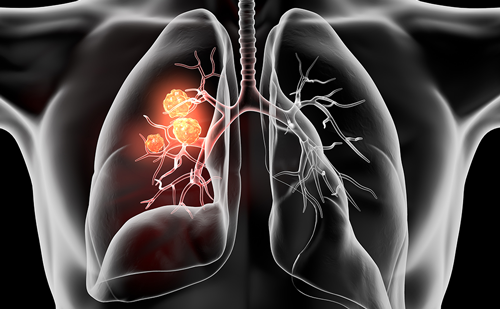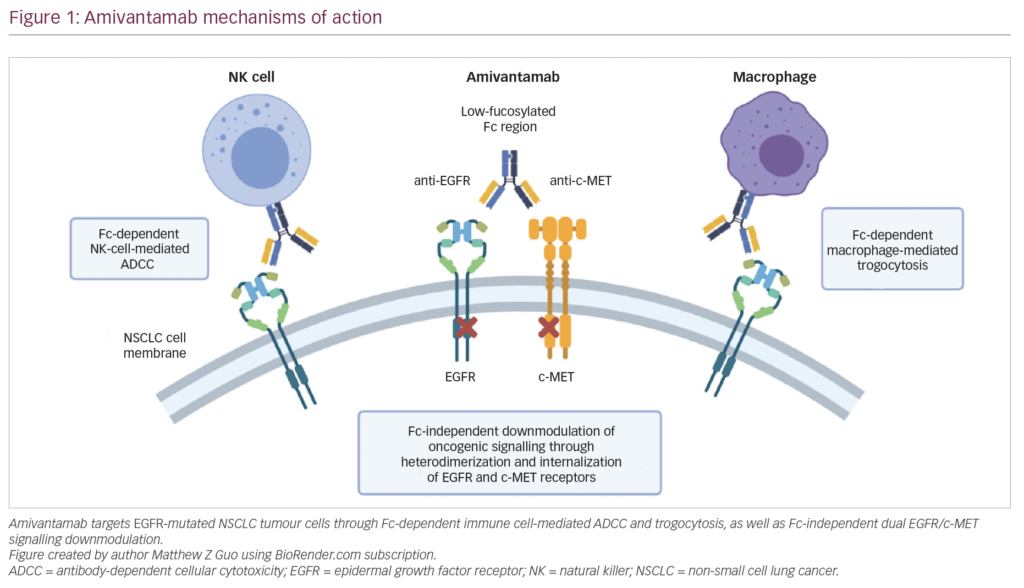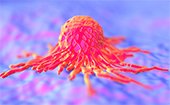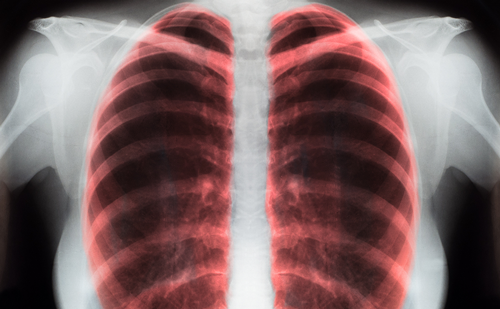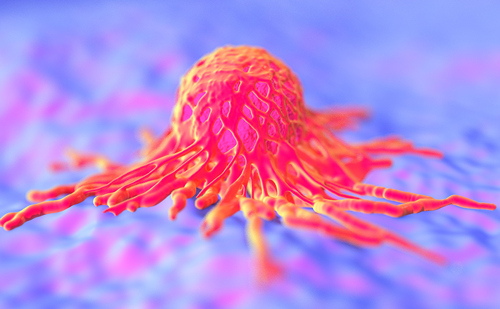Welcome to the fall edition of Oncology and Hematology Review (US), which features a wide variety of articles covering topics of interest to oncologists and hematologists, as well as the wider medical community. We begin with some expert interviews, which provide a snapshot of some of the hottest topics in oncology. In the first, Paisley Myers describes the PhosphoSynVax™ vaccine platform, a novel neoantigen vaccine platform that targets cancer-specific phosphopeptide tumor targets. In addition, W Lee Kraus discusses new research suggesting that PARP inhibitors may be beneficial in a broader range of breast cancer patients than previously thought. Finally, Petros Grivas describes the current status of immune checkpoint inhibitors in the evolving treatment landscape for metastatic urothelial cancer, as well as discussing novel approaches currently in development.
Cholangiocarcinoma, also known as biliary tract cancer, is a challenging disease. Its incidence is rising; most patients present with unresectable or advanced-stage disease, and chemotherapy has limited efficacy. However, in recent years, technological advances have elucidated the molecular characteristics of cholangiocarcinoma and have led to the emergence of
early-phase targeted therapy and immunotherapy. Sen and Shroff review these developments.
Gastric cancer is the fifth most common cancer in the world and there are significant survival disparities among patient groups, with five-year survival ranging from 12–58%. In a review article, La and Merchant explore the reasons for these disparities. Peritoneal carcinomatosis, defined as tumor dissemination in the peritoneal cavity, is a common consequence of gastric cancer and other gastrointestinal malignancies. Greally and Ilson review the increasing role of cytoreductive surgery and hyperthermic intraperitoneal chemotherapy in the management of peritoneal carcinomatosis related to gastrointestinal malignancies. Finally, Williams et al. review recent progress in molecular testing for multiple myeloma and the mutation-targeted therapies that are emerging as a result of molecular diagnostic panels.
Oncology and Hematology Review (US) would like to thank all expert authors who contributed towards this edition. We are also grateful to all organizations and media partners for their ongoing support and the members of our editorial board for their continued involvement and advice. We hope that all our readers will find plenty of interest among these timely and thought-provoking articles.





